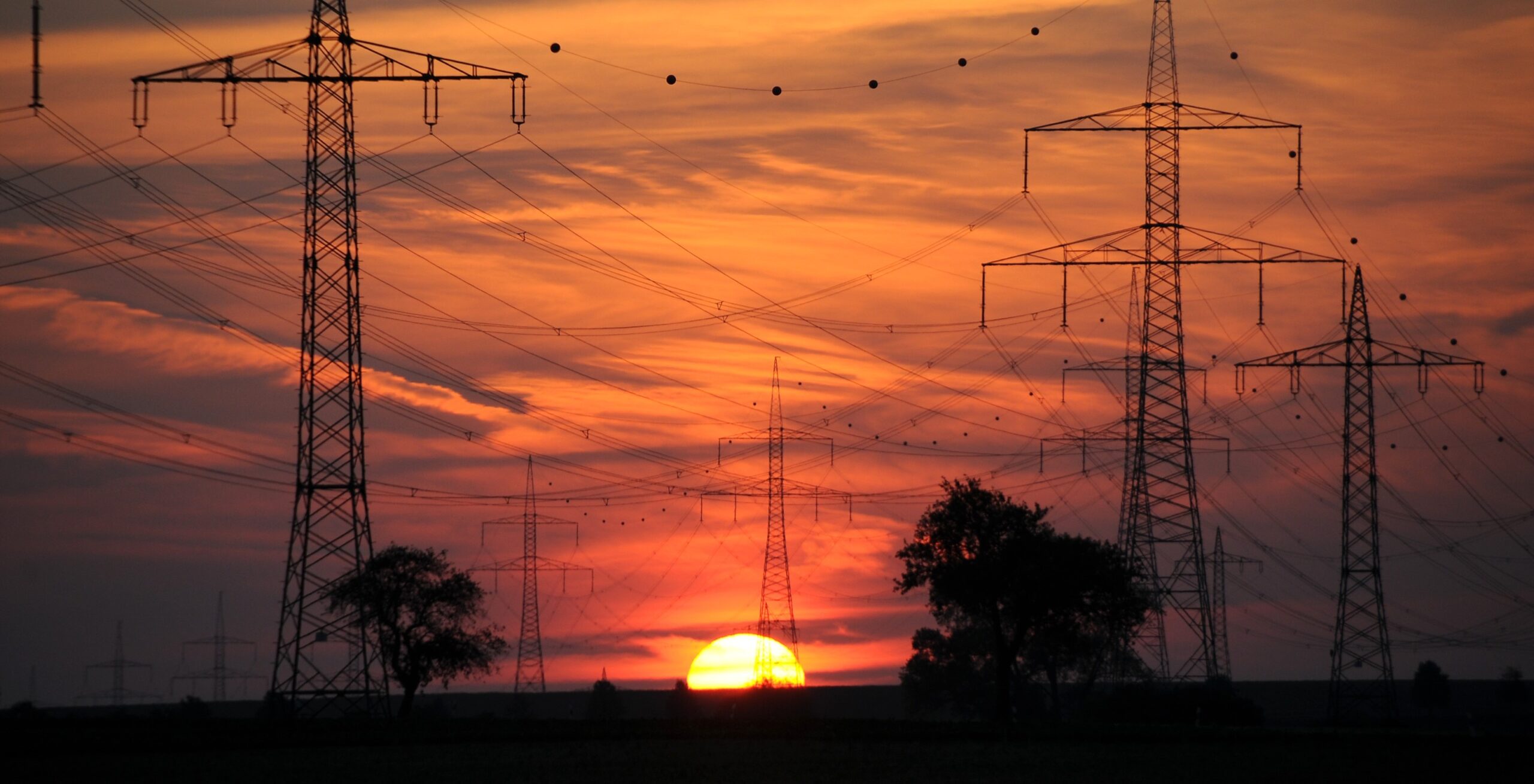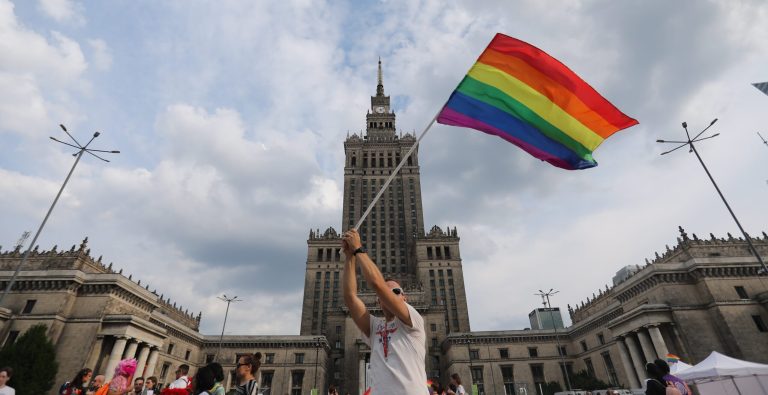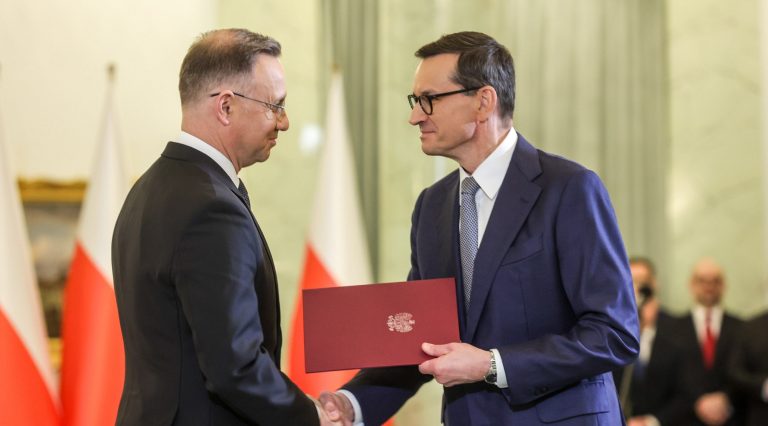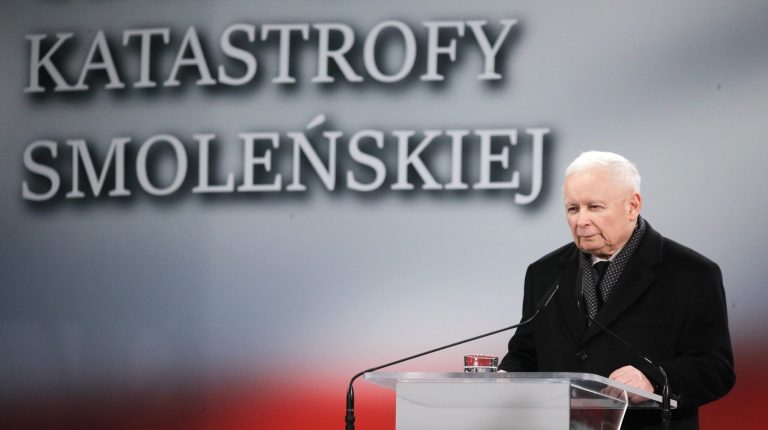Polish parliament votes to extend energy price freeze for first half of 2024

Poland’s parliament has approved an extension of current energy price freezes for households, local authorities, small and medium-sized enterprises, farmers and certain sports facilities until the middle of 2024.
The bill was proposed and passed with the votes of the incoming ruling coalition, which is almost certain to take power next week. The outgoing ruling Law and Justice (PiS) party abstained from voting. It argued that the price freeze should be maintained for longer, until the end of next year.
❗️Sejm uchwalił ustawę o zmianie ustaw w celu wsparcia odbiorców energii elektrycznej, paliw gazowych i ciepła. pic.twitter.com/7iHSl60a5C
— Sejm RP🇵🇱 (@KancelariaSejmu) December 7, 2023
The approved legislation would maintain the cap on electricity prices, introduced under PiS, at 412 zloty (€95) per MWh for households that use less than 1,500-2,000 kWh over the six months (with higher limits for large families and farmers) and 693 zloty (€160) per MWh above that usage.
The cost of the price freezes is estimated at up to 16.5 billion zloty (€3.81 billion), part of which will be financed by a windfall tax on energy companies.
Among the majority of 247 MPs who voted in favour of the bill, 244 come from groups beloning to the incoming coalition: Civic Coalition (KO), Third Way (Trzecia Droga) and The Left (Lewica). Meanwhile, 197 MPs from PiS and the far-right Confederation (Konfederacja) abstained from voting.
Poland’s largest company, state energy giant Orlen, lost nearly 8% of its market value on Wednesday amid plans by the likely next government to hit the firm with a special tax.
The outgoing ruling party accused them of deliberately tanking Orlen’s value https://t.co/nd6m53VCk1
— Notes from Poland 🇵🇱 (@notesfrompoland) November 30, 2023
PiS had put forward its own separate bill that would have extended the price freezes for the whole of 2024, but that was rejected by the Sejm on Wednesday.
During yesterday’s debate, PiS MPs warned that freezing prices for only six months would not sufficiently protect small and medium-sized companies, as well as vulnerable consumers.
“Don’t kid yourselves that energy prices will fall, because they will rise,” said Ireneusz Zyska, quoted by broadcaster TVN. “If we don’t protect consumers for the whole year then many are at risk of disaster.”
Poland has frozen maximum gas prices for households, schools, hospitals and churches in 2023 at the same level as this year, preventing a threefold increase.
An opposition proposal to also include small and medium-sized businesses was, however, rejected https://t.co/h1DS7Pokn9
— Notes from Poland 🇵🇱 (@notesfrompoland) December 21, 2022
However, Marek Sowa, a KO MP, argued that the reason prices needed to be frozen in the first place was that PiS, during its eight years in power, failed to improve Poland’s energy security.
He pointed to how PiS blocked the development of onshore wind farms, invested in failed projects such as Ostrołęka C, which was meant to be Poland’s last new power plant, and failed to modernise the power grid.
“The need for urgent work on this law is related to the state of the economy you are leaving Poland,” said Szczerba.
Poland declared an official threat to the security of electricity supplies for only the second time in history yesterday.
The reason was an oversupply of renewable energy, with the grid operator ordering solar and wind to be disconnected temporarily https://t.co/XzdR1qcnpT
— Notes from Poland 🇵🇱 (@notesfrompoland) April 24, 2023
Now that the bill has been approved by the Sejm, the more powerful lower house of parliament, it moves to the upper-house Senate, where the incoming ruling coalition also has a majority. Once passed by parliament, the bill passes to President Andrzej Duda, a PiS ally, who can sign it into law or veto it.
Originally, the bill had also contained provisions loosening regulations on the construction of wind farms. But that section was withdrawn after outcry from PiS, which claimed it would allow private land to be expropriated for turbines.
The incoming ruling coalition has denied that claim but says that it will clarify the proposals and resubmit them.
A plan by Poland’s incoming ruling coalition to make it easier to build wind turbines has been criticised by the outgoing government and some experts.
They claim it would allow expropriation of land for turbines, which could also be built closer to homes https://t.co/rtHXQ2DuXY
— Notes from Poland 🇵🇱 (@notesfrompoland) December 1, 2023
Notes from Poland is run by a small editorial team and published by an independent, non-profit foundation that is funded through donations from our readers. We cannot do what we do without your support.

Alicja Ptak is senior editor at Notes from Poland and a multimedia journalist. She previously worked for Reuters.






